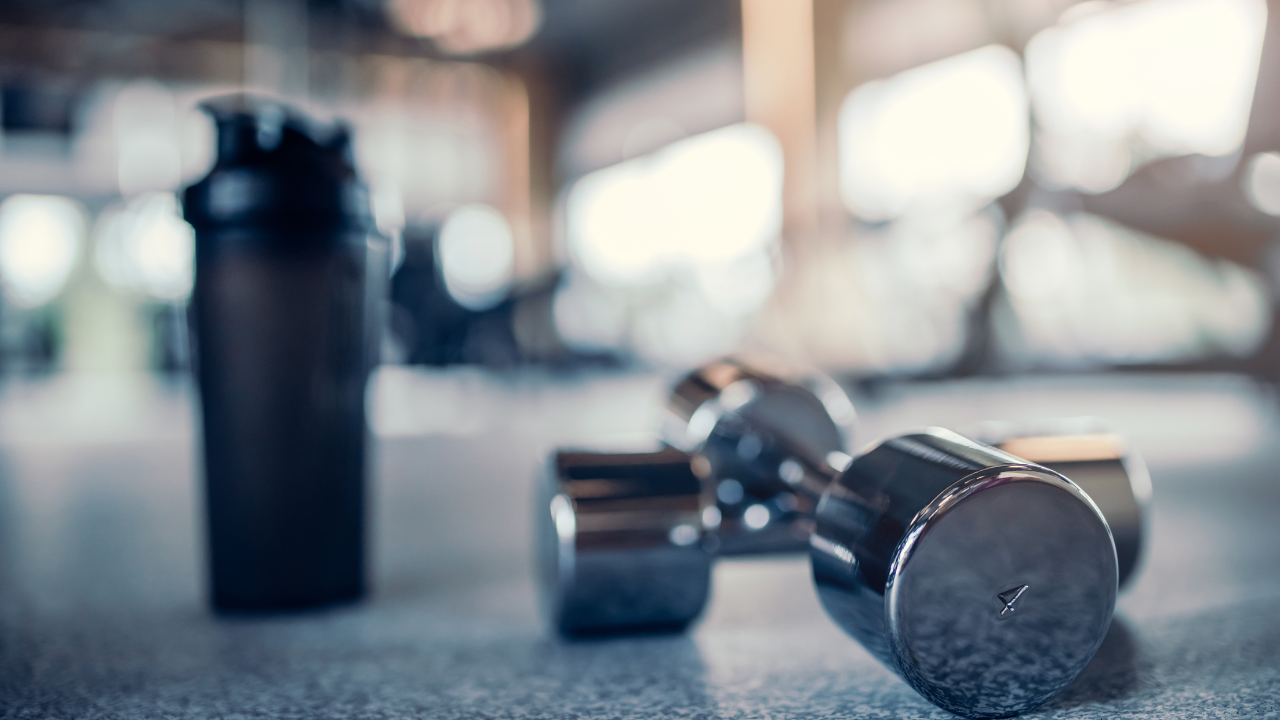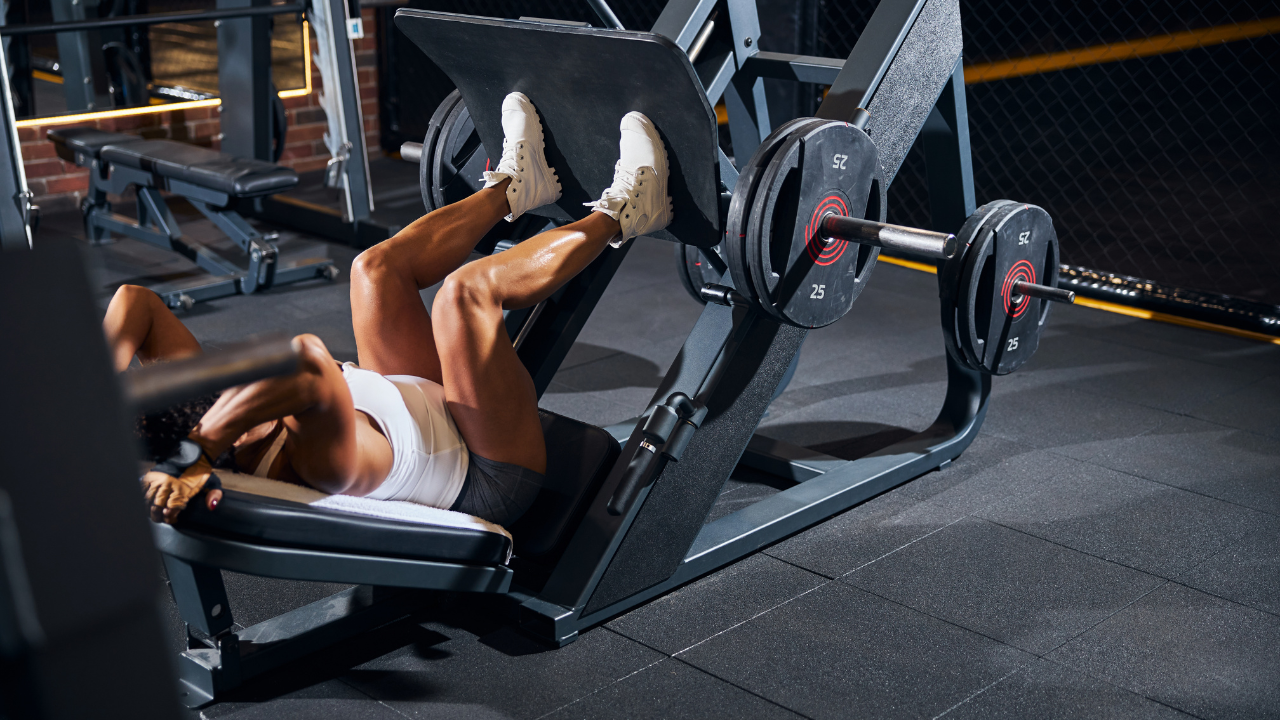

Troubleshooting Your Bench Press
The bench press is a very popular lift for building strength and size. It’s often viewed as being simple, but there are complexities to the lift that can lead to mistakes. The main areas of focus are range of motion, bar touchdown, bar path, grip positioning, stance set up, and bar speed. If you are having problems progressing in your bench press, it would be best to add in accessory work (in additional to doing your bench press) depending on which area the weakness is showing up.

The Colorado Experiment
The Colorado Experiment was not conducted in a truly scientific way, but was more of a marketing push very similiar to today’s common “get ripped quick with little effort” schemes. The results published results were astonishingly, impossibly good in terms of muscle building and body composition, but there isn’t a way to prove if the parameters of the experiment were truly followed and people have never been able to replicate the results since.

You Don’t Need To Be An Athlete To Get Out of Bed
Not everyone’s fitness goals need to be about perfection, world record breaking, or that of a high performance athlete. Most people really only need a moderate and consistent movement practice in order to live their life, maintain good health, and prevent injury. Coaches and trainers may be doing a disservice to their clients by overempasizing “perfect” form and reach goals that may be either uninteresting or not doable for them. It can also create fear in people that getting injured doing any kind of exercise will cause injury.

When The Leg Press Will Increase Your Squat, And When It Won’t
Training more muscle specific exercises (ex: leg press for the quads to help improve the squat) can have crossover effects with other lifts, but the more they have in common with the lift, the more effective they will be.

Why You Can’t Combine Exercises To Get The Best Of Both
Multi-joint exercises, sometimes called “compound exercises,” are great for strength and muscle building because those exercises work many muscle areas at once. Single-joint exercises are a great way to supplement these because those target areas that don’t get targeted as much during multi-joint compound exercises. However, other “compound” exercises - which are usually just disparate exercises put together either in a circuit using the same weight or mashed into one movement - aren’t good for maximizing your effort because they are limited by the weakest area involved in the exercises. Because our lower bodies tend to be stronger than our upper bodies, we cannot progress properly if our lower body lifts (deadlift, squat, etc) are limited by how much we can lift during our upper body lifts (bench, overhead press).
